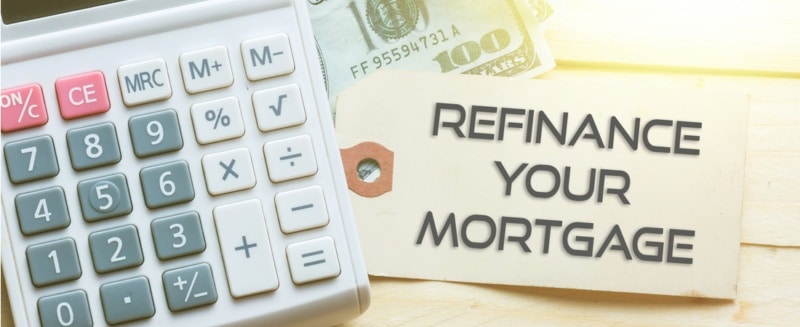I purchased my first home a year ago, but since then interest rates have dropped and my credit has improved. Can I refinance already?
Yes, in theory you can, but you have to figure out if you should. It depends largely on whether you have a prepayment penalty built into your mortgage contract, what you hope to gain out of the refinance, and how much money you will have to pay out in closing costs. If your main goal is to save money in interest, look at how long it will take you to recoup any closing costs. Typically you want to be able to pay these off within a year, so you should look for low closing costs or a large drop in your interest rate.
I want to take advantage of these low rates, but my credit is not ideal. When I took out my mortgage, I had a score above 700. However, due to a long bout of unemployment, I got behind on my bills, and my credit has dropped to below 650. Should I refinance?
You could try, but you may find that it’s not worth it. The super-low rates you see are set for prime borrowers—typically defined as people with credit scores above 720. Unless you qualify for that bracket, you’re not going to get the lowest rates anyway.
The real question is whether or not you can save money on a refinance. Depending on when you took your mortgage out and what rate you have, you may still be able to shave a percentage point or more off your current mortgage. Make sure to consult with your mortgage company or another mortgage broker to find out more. Also, if you’re shopping around for interest rates, remember to apply in rapid succession to avoid having too many hard inquiries on your credit report.
My home is underwater. Can I refinance?
Yes, you can, but unfortunately your options are limited because you don’t have any equity in your home. If you want to refinance now, your best bet is the government-backed Home Affordable Refinancing Program (HARP) 2.0, which allows homeowners who have less than 20 percent equity in their homes to refinance. There are several caveats to this program, however: Your mortgage must be owned or guaranteed by Freddie Mac or Fannie Mae, and it has to have been sold to them on or before May 31, 2009. In addition, the loan on your home must be for at least 80 percent of the home’s value, and you must have a good payment history for the last 12 months.
I have a second home that I am renting out right now. Can I refinance this home, even though it is not my primary residence?
Yes, you can, but it depends on how much equity you have in your second property. These days, lenders like to see 20 percent to 30 percent (or more) equity in rental or investment properties. If you have enough equity, mortgage lenders should be willing to work with you. Otherwise you may be facing an uphill battle.
I only have $48,000 left on my $350,000 mortgage, but I am still interested in refinancing. Can I do this?
In this scenario, you may be out of luck. Few lenders will refinance a loan that small because there’s simply not a lot of incentive for them to do it. Your best bet is to amp up your payments if you can and to pay it off as quickly as possible, which will cut down any remaining interest.
The bottom line on refinancing is that interest rates are at record-low levels right now and you should take advantage of them if possible. If you can’t currently qualify for a refinance, try to Increase your equity, pay more each month, and work on your creditworthiness. You might be able to qualify for a refinance soon—before rates rise.
[amazon_link asins=’B00EEBS9O0,B00HRYBYRU,B00KUPS3JU’ template=’ProductCarousel’ store=’thinkglink-20′ marketplace=’US’ link_id=’93f3afa5-375c-11e8-bc1a-f7bde9f1a0b3′]






